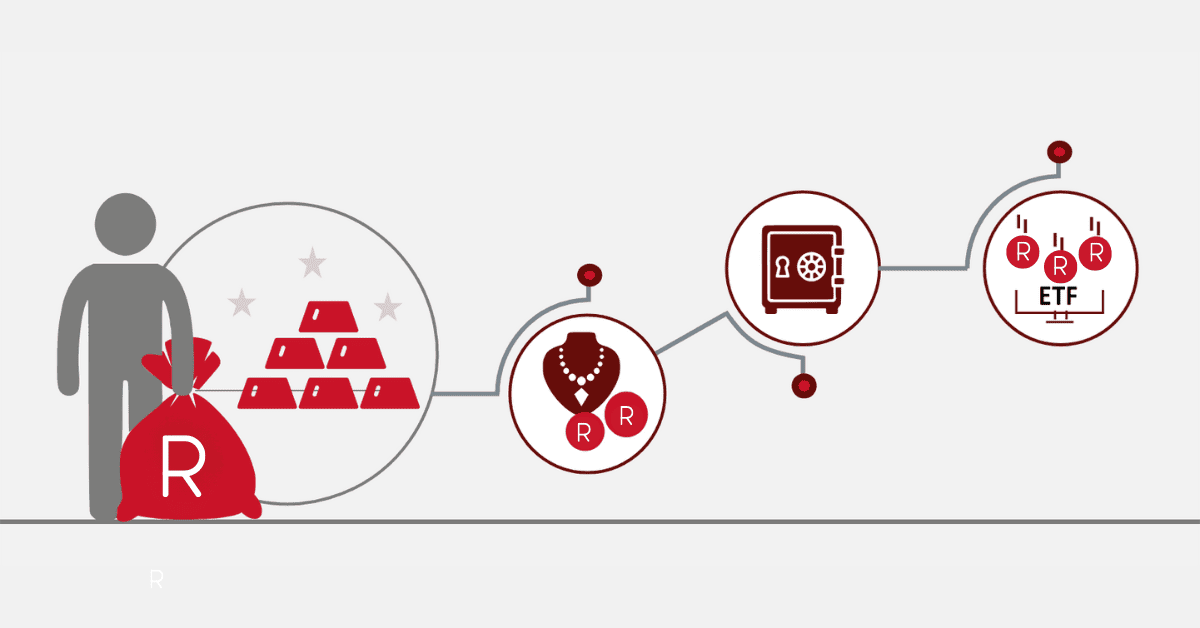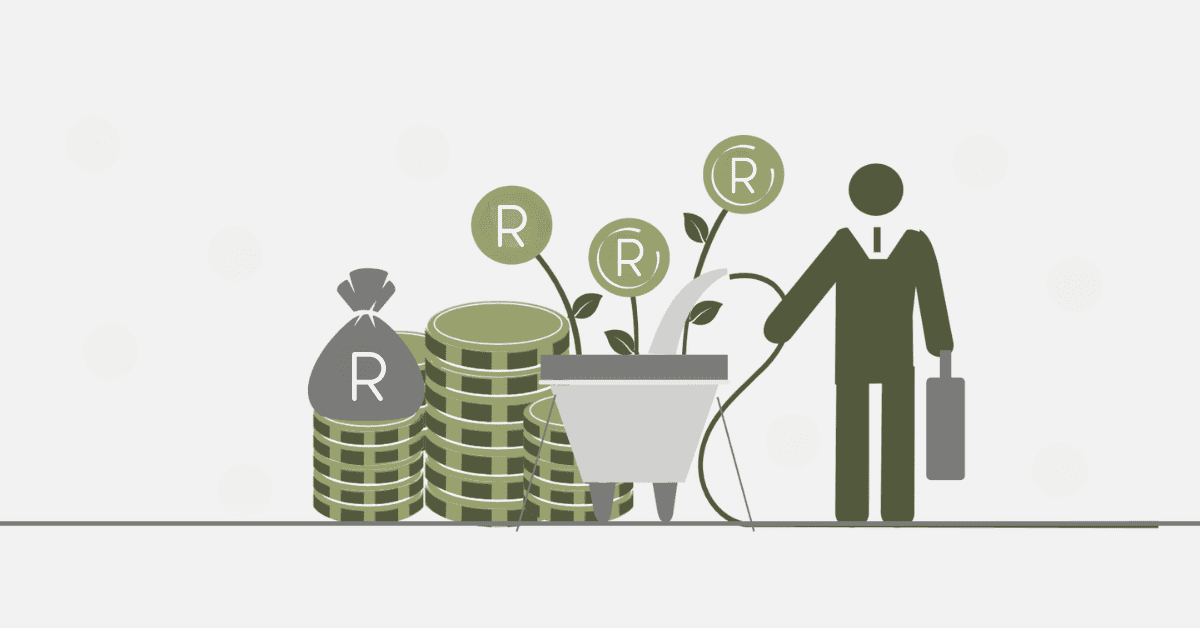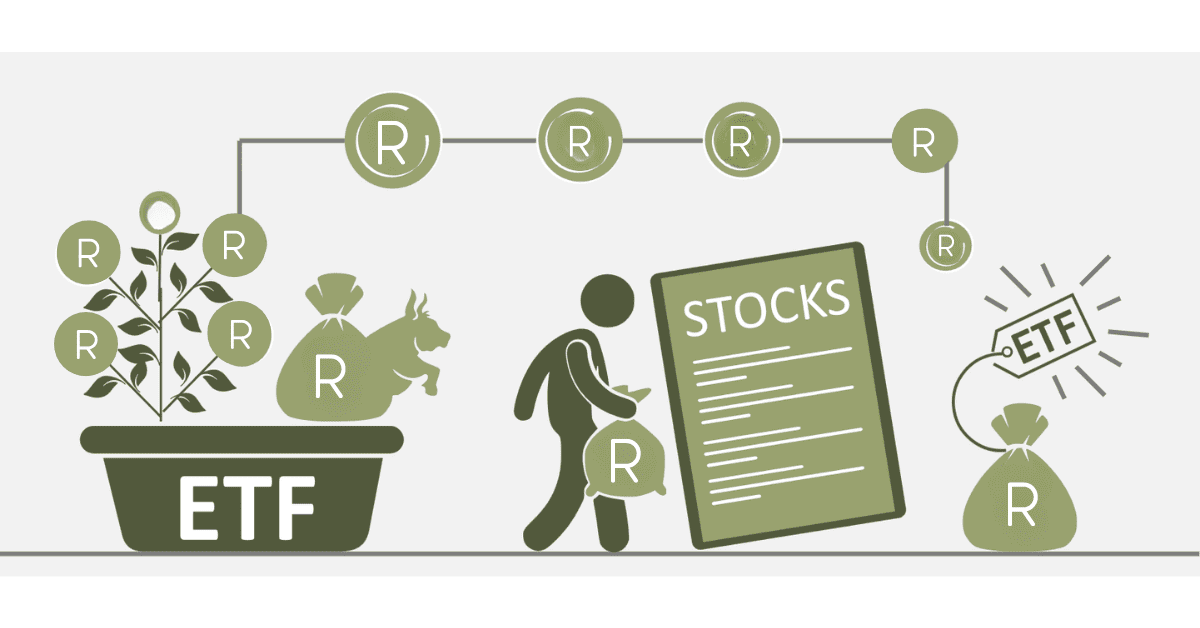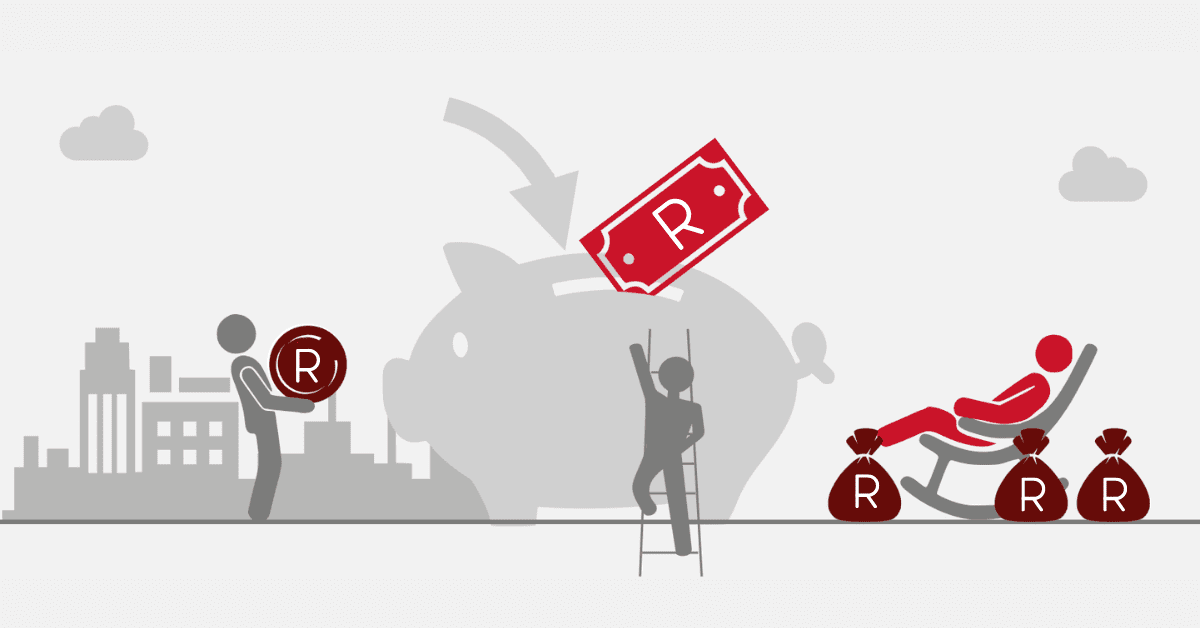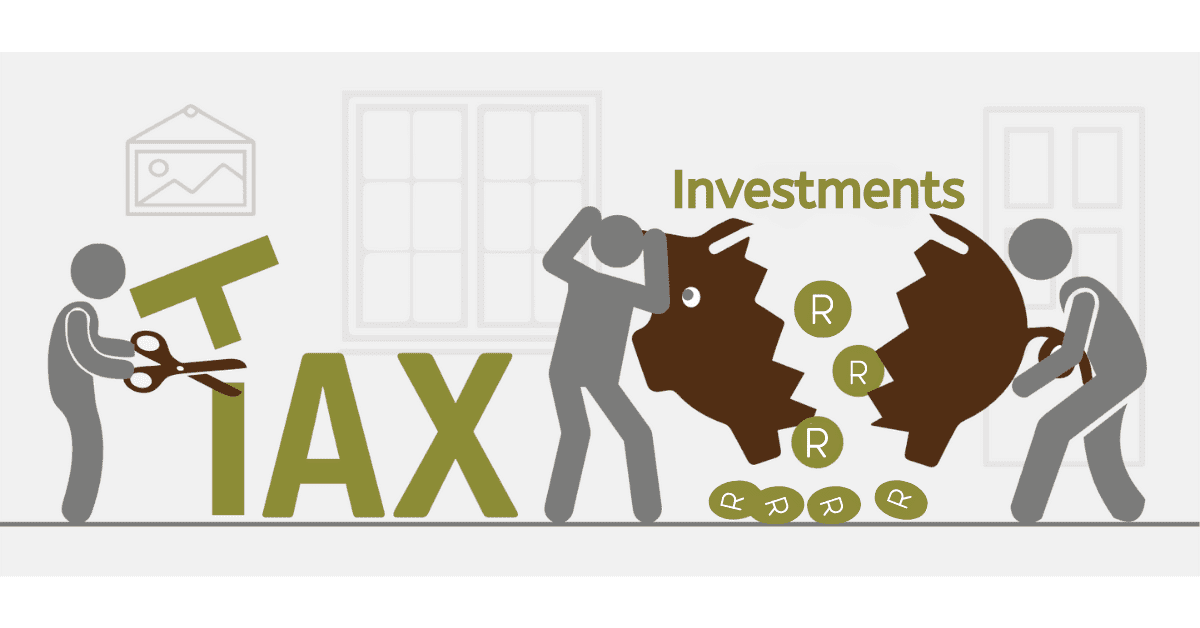These services are an important aspect of monetary planning that ensures your property is transferred according to your wishes upon death. It is about estate legislation, taxes, and the roles of the executor in South Africa, which are so technical that you should be informed about what they are. This practice protects the hard-earned wealth of an individual. It also keeps them and their family members stress-free.
How Much is an Executor of the Estate Paid in SA?
This expert plays a central role in the management of the estate of a deceased person. This makes the distribution of the estate in line with the will and full compliance with the law. The charging arrangement for executors under the Administration of Estates Act is that an executor is entitled to a fee of 3.5%, including Value Added Tax, on the gross value of the estate’s assets. Additionally, regarding the income the executor earns during the administration, the executor is likewise entitled to a fee of 6%.
For example, if the gross estate value is R2 million, the tariff is R70,000 plus VAT. If, for example, the estate earns income- say, R100,000 in rent during the administration period- the executor will also be paid an additional R6,000 for handling such income. Remember, these fees are levied on a calculation before any debts or liabilities are deducted from the estate, which can make a big difference in the net amount the beneficiaries will receive.
How to Minimize Inheritance Tax in South Africa?
Inheritance tax in South Africa, or more correctly put, estate duties are payable by the dutiable estate of a deceased estate. It attracts a flat 20% of the first R30 million of the taxable estate and 25% of the amount above R30 million as of 2023. While avoiding the estate duty entirely is virtually impossible, the impact on one’s estate can be minimized with informed planning.
One way is by making use of the abatement threshold. All South Africans are granted a basic abatement of R3.5 million; accordingly, the first R3.5 million of your estate is exempt from estate duty. If you are married, that portion of the first-dying spouse’s abatement that has not been used is transferred to the surviving spouse, increasing the exemption to R7 million. This happens automatically, but it must be appropriately documented to be valid.
One way is the creation of inter vivos trusts. If you place your assets into a trust while you are still alive, they fall outside your estate, so estate duty does not have to feature. Setting up a trust has cost and other tax implications, such as an annual donation tax of over R100,000. One must sit with a monetary advisor and balance the cost-benefit ratio.
You may also give away your assets during your lifetime. South African residents can give away a maximum amount of R100,000 yearly without any tax being payable. Gradually, you may reduce the value of your estate by giving your beneficiaries small amounts of wealth. However, beware that amounts above the annual exemption are subject to 20% tax as donations tax and can defeat the exact intention of avoiding estate duty or income tax savings
How to Avoid Executor Fees in South Africa?
One effective approach is appointing a friend or relative as your executor. Because you’re speaking with them today, you can request that they decline to accept any executor fees or a reduced fee. This personal relationship often makes them much more willing to forego compensation as a way of leaving as much as possible to the beneficiaries. But let them be prepared and capable of undertaking the huge responsibility of estate administration.
When you draw up your will, a second option is to negotiate fees with a professional executor, such as an attorney or trust company. Many professionals will agree to lower fees, especially on smaller estates, or if you will also use them for another aspect of estate planning or other legal work. Having this agreement in writing will prevent conflict or misunderstanding after your death.
Creating a living trust is a second way to avoid the normal probate process altogether. During your lifetime, you can transfer the title of your property into the trust so that your property can be managed and distributed according to your intentions without anyone needing to be appointed as executor upon your death. This can save executor fees but also has other advantages, like privacy and possibly faster distribution of assets. The problem is that setting up a trust is costly and complex, with further ongoing administrative expenses and formalities to keep within the law.
Can I Make My Own Will Without a Lawyer?
In SA, yes. The Wills Act 7 of 1953 sets out the formalities for a valid will: the will should be in writing, signed by you, the testator, on each page, and it needs to be witnessed by at least two competent witnesses, who need to be present at the same time. The witnesses must also sign the will as having witnessed your signature.
Although it is legally possible to write it, the risks of doing so without professional advice are considerable. The language of wills is important. Ambiguity or failure of clarity in that language can lead to disputes between beneficiaries or, worse still, challenges as to the validity of the will. Common mistakes include failure to identify beneficiaries, defective execution, and failure to address all assets and liabilities.
Moreover, a lawyer or professional estate planner can provide practical advice on tax implications, establishing trusts, and protecting assets from future creditors. They can also ensure one’s will complies with existing laws at the time and distinctly state one’s wishes to avoid potential court disputes upon the testator’s death.
Conclusion
Estate planning in South Africa is a complicated process that must be thought through carefully and clearly. From understanding executor fees and how to minimize them to managing inheritance tax and ensuring your will is valid in law, each aspect is vital to protecting your financial legacy. There are aspects you can address yourself, but the nuances of the law generally mean you will require professional guidance.
